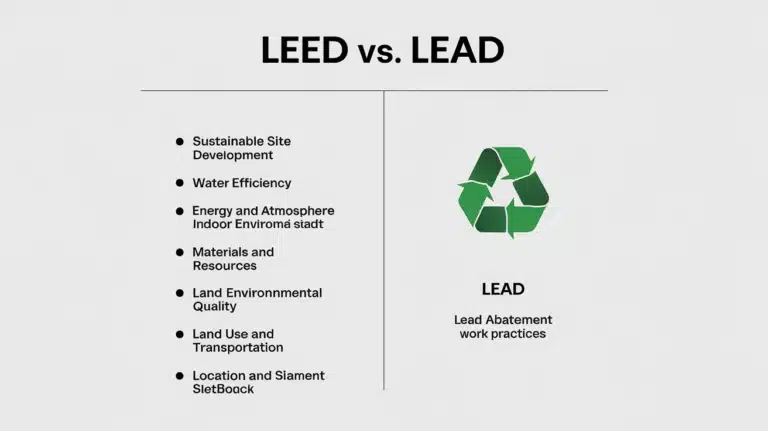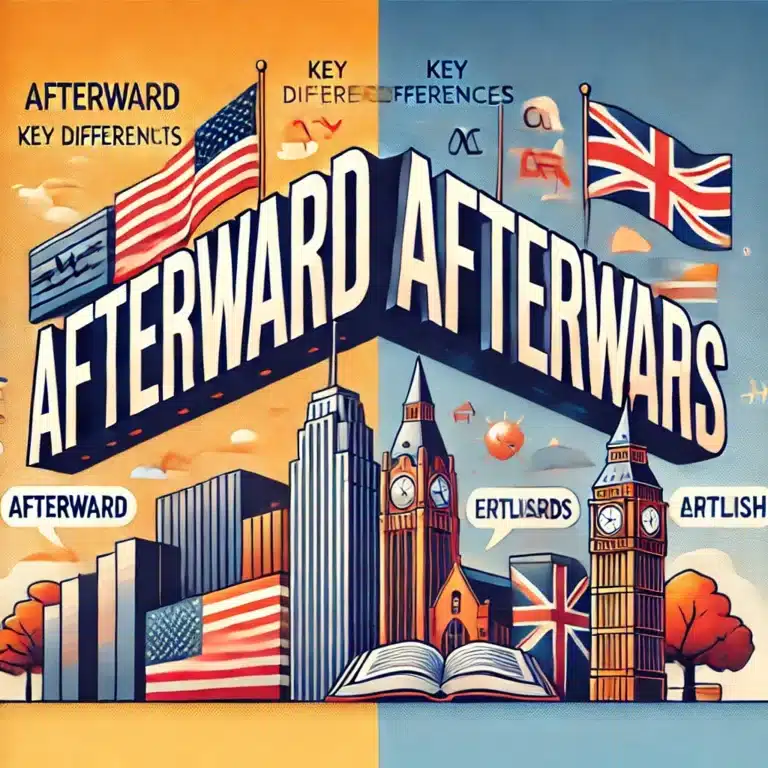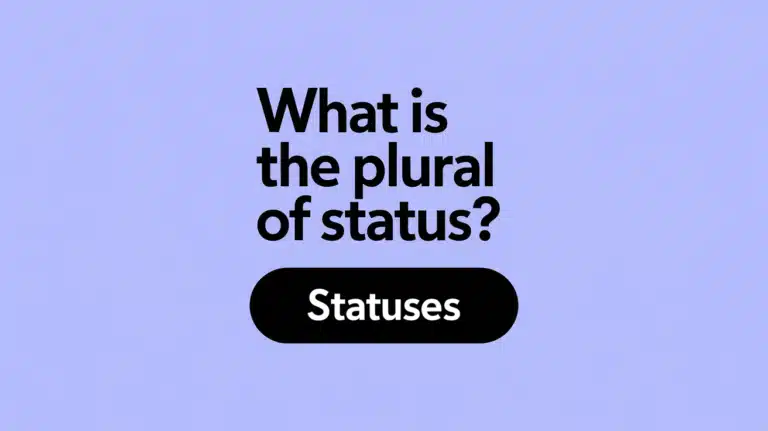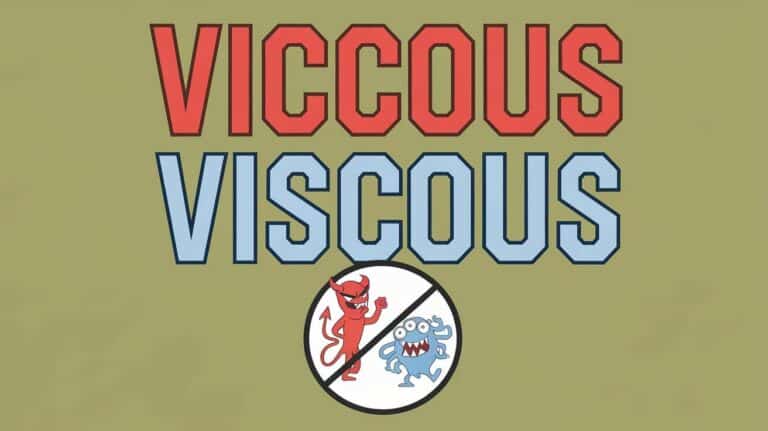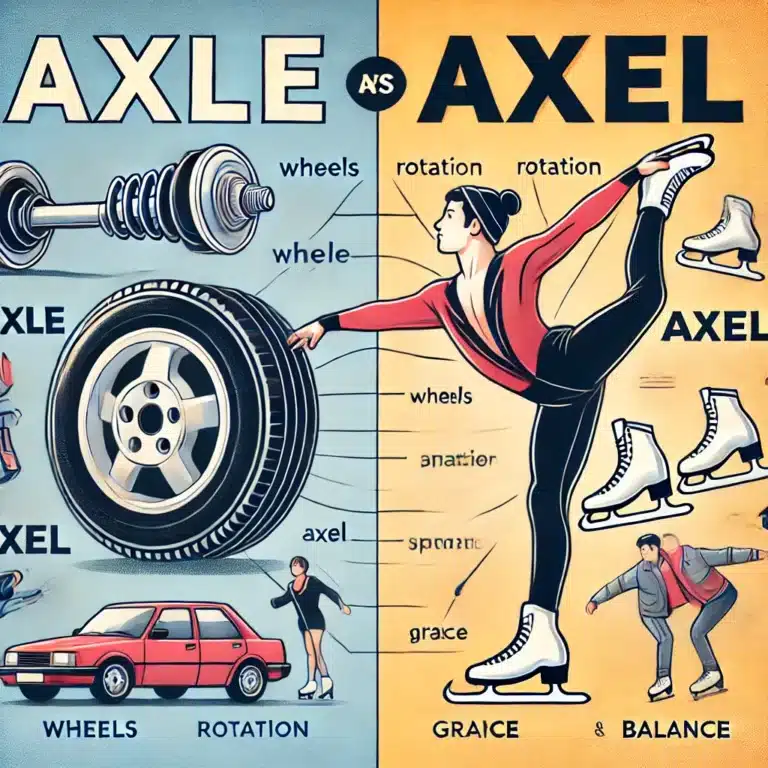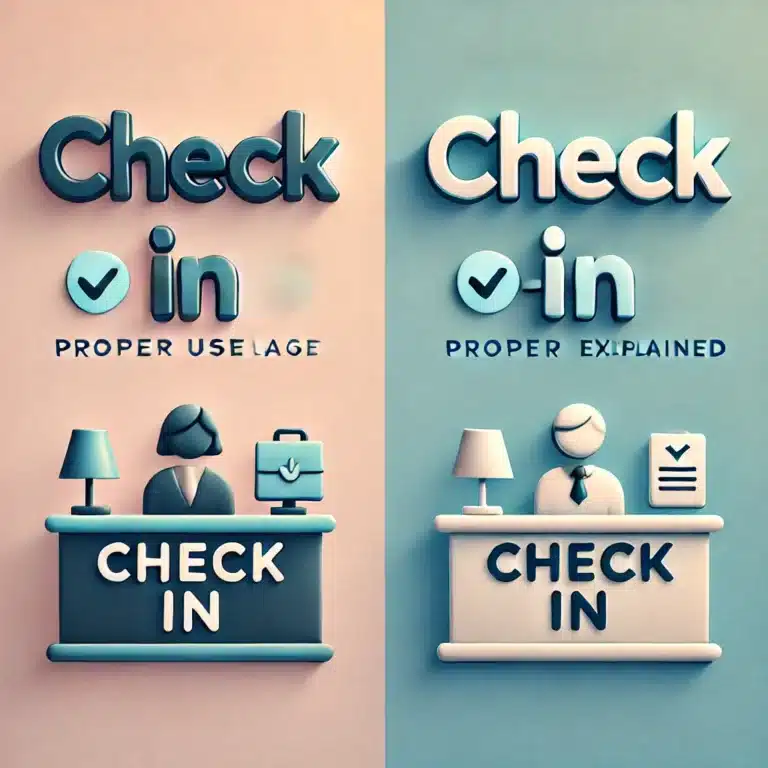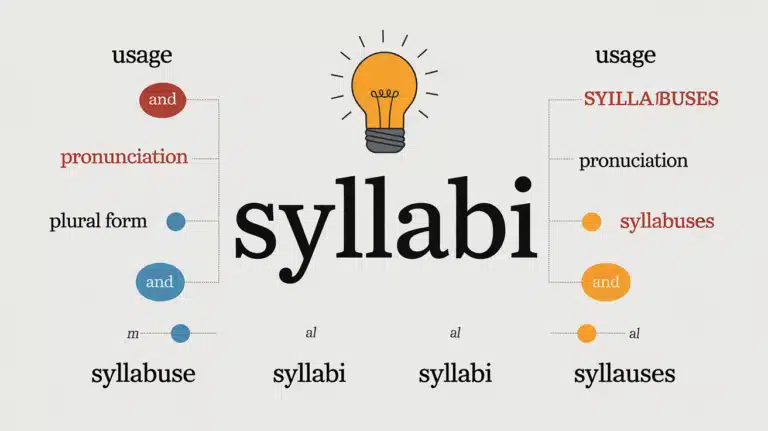Lead or LEED: Understanding the Distinction and When to Use Each
Deciding between “Lead” and “LEED” can be confusing due to their similar pronunciation but entirely different meanings. Both words play significant roles in various industries, from construction to leadership, and understanding their proper usage can enhance communication, particularly in professional contexts. Whether you’re dealing with environmental certifications or discussing leadership qualities, mastering the distinction is…

